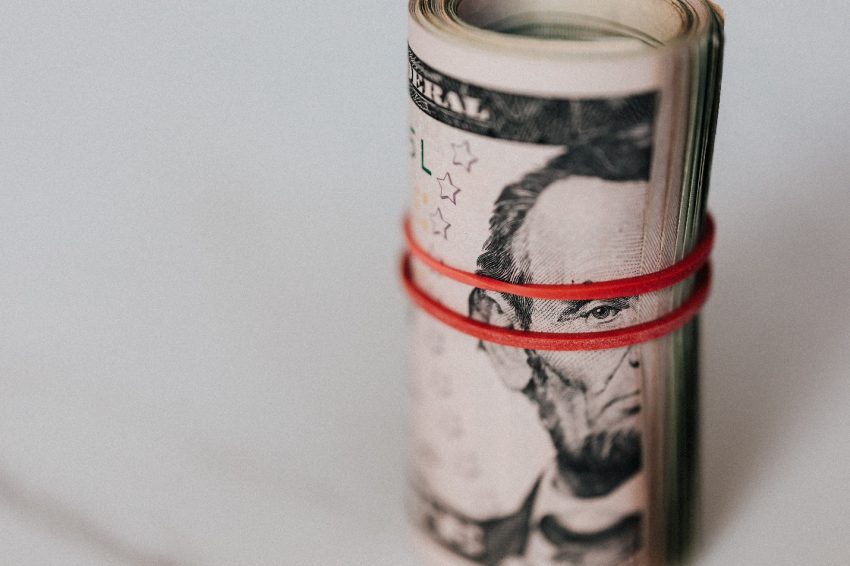Habits are hard to make and they’re even harder to break. Changing your mindset and making a commitment to become better with money Habits is a long-lasting present you give to yourself. Things like paying off credit card balances quickly, obtaining cheap auto insurance, and paying yourself first through savings are all great habits to form in the New Year. But there are more! We invite you to consider these additional money saving habits:
- Use Credit Cards for Emergencies Only. Using credit cards for every day purchases is really like borrowing money from your future self. But not only that, you’re borrowing the money and paying back more on top of it – to another entity (the credit card issuer). Delete the auto fill-in blanks from your computer and put the credit cards in a locked drawer.
- Pay Credit Card Balances off Every Month. Once you become adjusted to only using your cards for emergencies, it will be even easier to pay them off entirely every month. If you absolutely cannot, pay as much as you can and resolve to pay off the rest as soon as possible.
- Pay Yourself First. Do you know precisely where your paycheck is going? Can you follow every dollar? Get into the great habit of paying yourself first. Auto deposit is especially useful for this but even if you don’t have it, dedicate a certain percentage of your paycheck to go into a special savings account, one that you don’t touch.
- Employ the 48-Hour Rule. A great money habit to get into is to stop buying on impulse. When you see something you want, employ the 48-hour rule. Allow yourself to think about if you really want to buy the item or not – for 48 hours. If, at the end you really feel you need it, buy it then.
- Get to the Root of the Habit. Do you call it “retail therapy”? Are you someone who shops when they are sad, mad or just plain bored? If you find yourself doing this more often, dig deep as to why there’s a ‘void’ to fill. Chances are good that putting yourself in other situations to meet new people, spend time with friends and family and even find a new hobby will help you change this bad habit.
- Create & Use a Budget. If you truly want to create better money habits, creating and using a budget is a great way to go about it. You’ll see where money is coming in and going out – and be able to make changes along the way.
- Regularly Calculate Your Net Worth. Do you know your net worth? Most people don’t. It’s a measuring stick of wealth, not necessarily your personal working income. Every quarter year or so, add up your assets (cash, home, investments) and your liabilities (mortgage, debts) and subtract your liabilities from your assets. Voila, that is your net worth.
- Pay Your Credit Cards Weekly. Paying credit cards weekly will give yourself the idea that they are truly debts that need to be paid. Making monthly payments pushes them to the background and they become ‘easy’ to forget. Whether you pay them off completely or not, you’ll be paying less in finance charges and you’ll become more aware of credit card spending.
- Keep a Spending Journal. While it might not seem that you spend too much from day to day – black and white facts don’t lie! Keep track of all of your cash, debit and credit card transactions to get a complete picture.
- Keep Receipts. It’s tempting to tell the cashier, “No thank you” when they ask if you want your receipt, but keep it instead. You can use it for your spending journal, to help you stay on top of your budget, and to check and verify account balances.
- Organize for 5 Minutes Daily. When you take just a little bit of time to de-clutter and stay organized in your home (especially home office), you’ll see yourself getting more streamlined with bill paying and organization.
- Rename Your Savings Account. If you have a savings goal like family trip, wedding, new home, etc., rename your savings account from “Savings Account” to “Our Wedding” or something that feels personalized to get you psyched about moving monies into the fund.
- Save 10% of Paycheck. Saving for retirement is essential to feeling secure and confident in your working life. Most everyone has retirement as the goal, so why wouldn’t you be saving for it? Grab 10% of each paycheck and devote it your retirement, whether it is in a 401k or similar retirement account.
- Spend Only Cash for a Week. You might be surprised at how much money you blow through if you swap the credit card for cash. Limit the amount you have to spend for a week, and when it’s gone, no more spending.
- Talk About Money Regularly. Money is one of the biggest reasons why couples split up. Make it a point to regularly sit down and talk about finances, future financial decisions, investments, goals, etc. That way you’re always on the same page!

